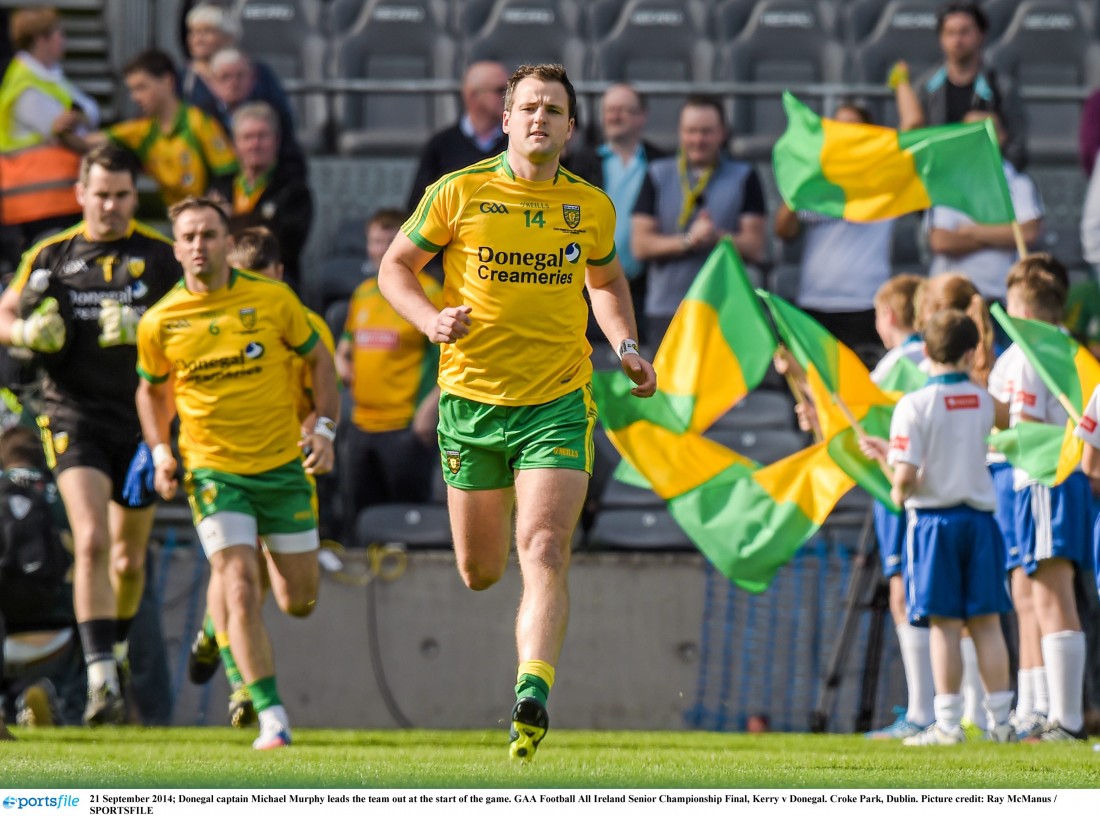A FEW weeks back Shane Stapleton asked me to put together some short videos around Gaelic football coaching.
We broke it down into five different sections, the first being restarts, the second defensive organistion, the third transition play, the fourth offensive play and the final one – and what today’s article is based on – game management.
Game management is, for me, such a vital component in the modern game. I reference Dublin quite a bit when I refer to good practice, but that is simply because they are the best and what we can do is learn from the best and try to evolve to mirror them.
It’s the same way rugby clubs and countries try to learn from the All Blacks or soccer clubs from the likes of Barcelona or hurling teams from a Limerick or a Kilkenny.
Speaking of the All Blacks, I actually remember reading a newspaper article not that long ago about rugby union in which Andy Farrell, the former England rugby coach, spoke about the effectiveness of how the All Blacks manage the game.
“We have been in front against them and behind at critical stages in the game with teams I have been involved in, and they are simply the masters at the comeback or staying in control. They stay calm and clinical regardless of the situation.” That says it all.
Although this is an example from a professional sport at a really high performance end of sport, it is still very relevant to Gaelic games.
Game management and understanding how to control a game in different circumstances is so important not just for adult players but also younger players who are growing and learning in the sport.
You want to try and create situations in training that will expose the players to different types of pressure situations and allow them to develop the capacity to understand how to respond to these different challenges when they occur in games.
There are a number of ways you can implement game management into your coaching during training sessions. For example, coaching the players how to react if they fall behind, how to control the pace of the game if needed or if they are in front, how to protect their lead or further increase it.
Calls and signals can be an important part of game management. I was reading Jose Mourinho’s book a few years back about his first time with Chelsea when they dominated the Premier League.
He talked about how during important games or times when they went in front, the call would be to rest on the ball, in other words take the sting out of the game.
Dublin are excellent doing it in big games or late on in games. Also the likes of the ‘44’ call from Dublin, which signaled their three banks of four zonal press on kick-outs, showed that they don’t have to be obvious. They can simply be a point, a clenched fist or even a quick glance with the eye.
While coaching Carlow seniors, we had about 12 or 13 calls that we would have used, calls that originated from ideas that would have occurred in previous games.
Take, for example, a call we had in 2018 that originated from the final game of 2017 against Monaghan.
We called it ‘9 all, 9 to go’. So what happened in 2017 was the game was a draw with nine minutes remaining and in the next five minutes Carlow had five big plays and kicked the ball away frantically in every one of them. With four minutes left Monaghan edged in front.
So the idea behind the call was that when we found ourselves in similar territory the following season the call would trigger a response in the players’ heads during the game that would signal ‘right let’s control this game and take ownership of the ball.’
In the final 10 minutes of the championship that year against Kildare, we regularly called that in the closing stages. We learned hard lessons from the previous year and finished with a goal and a point in injury time to clinically close out the game.
Other situations I like to create during training are placing teams in a particular situation with a clock on them.
So, for example, Team A in training are three points up and don’t start with possession. There are eight minutes on the clock, manage the game.
Team A and Team B would get a couple of minutes before each scenario to chat among themselves and decide how best to approach the situation.
If you don’t have big numbers, you can still simulate these situations on smaller condensed pitches, and bring the time limit right down to three or four minutes per games.
Pull the teams in after it and ask them to tell you what the other team were doing because then you are developing their thinking capacity to work out on the field what the opposition are doing.
It helps you think about how are you going to react because at crucial stages of games, pressure creates panic. Top teams don’t do panic!
comment@gaeliclife.com
Receive quality journalism wherever you are, on any device. Keep up to date from the comfort of your own home with a digital subscription.
Any time | Any place | Anywhere












